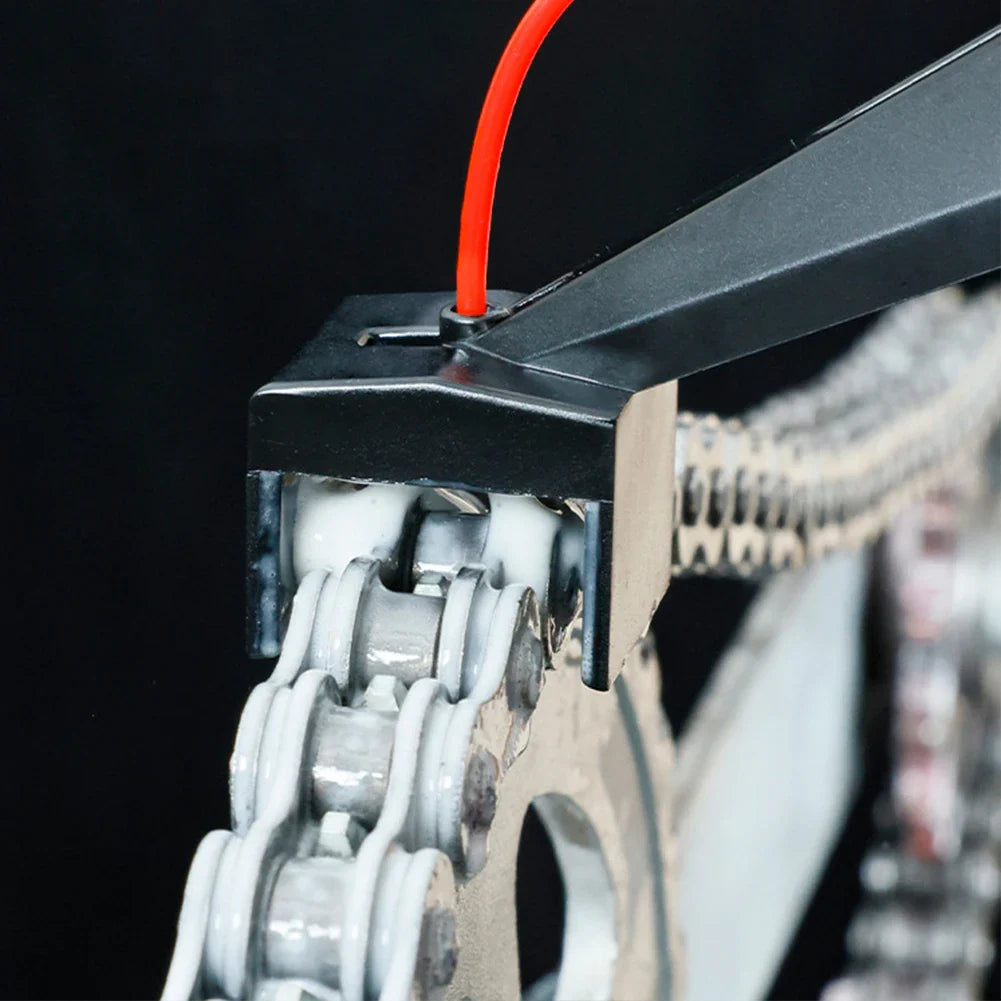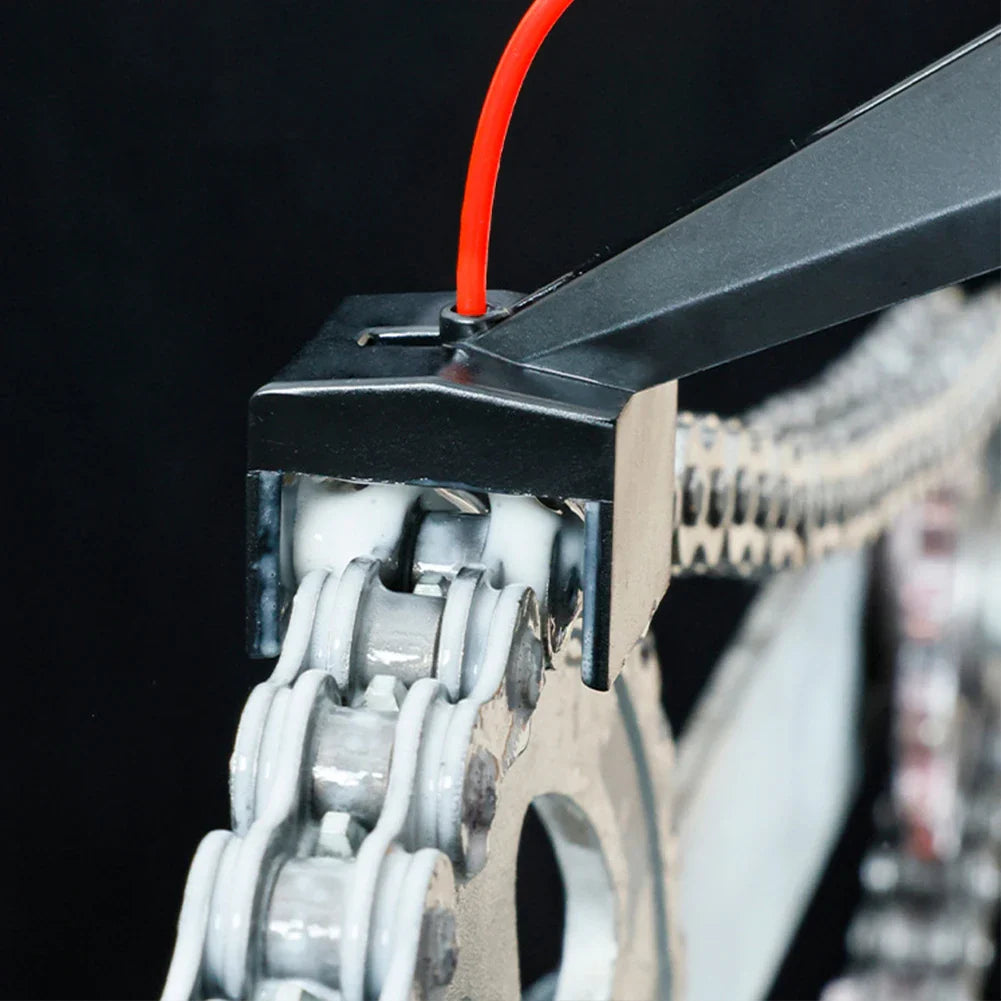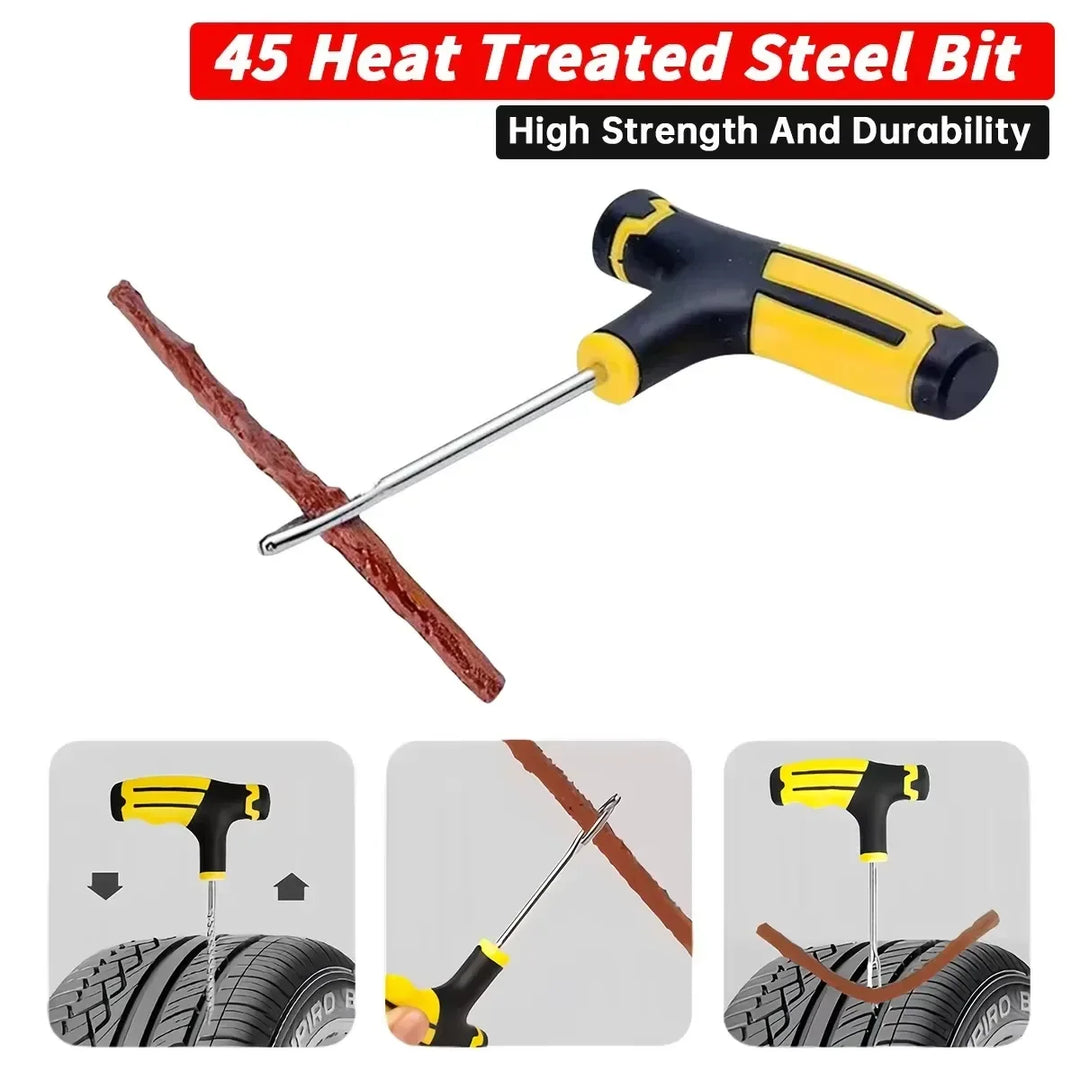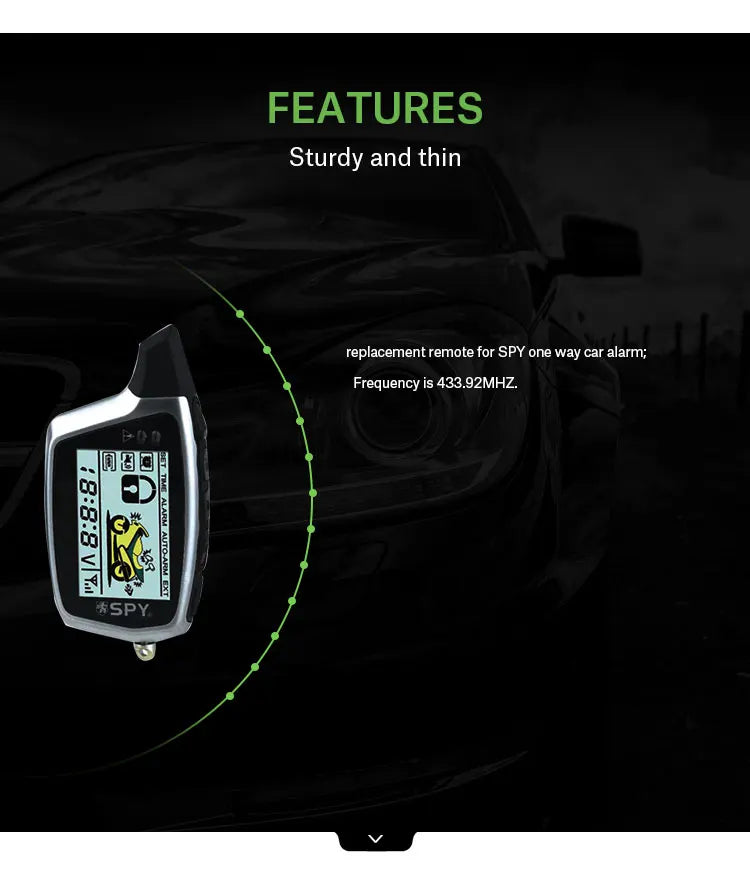Motorcycle Chain Lubrication: Protecting Your Ride's Critical Component

Your motorcycle's chain is its lifeline—a critical component that transfers power from the engine to the wheel and demands regular care. Proper lubrication is not just maintenance; it's an investment in your motorcycle's performance, efficiency, and longevity.
Why Chain Lubrication Matters
A well-lubricated chain offers multiple benefits:
- Reduces friction and wear
- Extends chain and sprocket life
- Improves overall motorcycle performance
- Prevents rust and corrosion
- Ensures smooth power transmission
- Reduces the risk of unexpected chain failure
The Consequences of Neglect
Failing to lubricate your motorcycle chain can lead to:
- Premature wear of chain and sprockets
- Reduced fuel efficiency
- Increased risk of chain breakage
- Higher maintenance costs
- Potential roadside breakdowns
When to Lubricate Your Motorcycle Chain
Frequency Guidelines
- After every ride (ideal)
- Minimum of every 300-500 miles
- Always after riding in wet or dusty conditions
- Before and after long rides
- When chain appears dry or starts making noise
Lubrication Tools and Materials
Essential Equipment
- Chain lubricant specifically designed for motorcycles
- Clean rags or microfiber cloths
- Motorcycle stand or rear wheel support
- Gloves
- Cardboard or drop cloth to protect surfaces
Choosing the Right Chain Lubricant
-
O-Ring Chain Specific Lubricants
- Designed for sealed chains
- Penetrates without damaging rubber seals
- Provides long-lasting protection
-
Types of Chain Lubes
- Wet lubes: For wet or humid conditions
- Dry lubes: For dusty or dry environments
- All-purpose lubes: Versatile option
Step-by-Step Chain Lubrication Process
Preparation
-
Clean the motorcycle chain thoroughly
- Use a specialized chain cleaner
- Remove dirt, grime, and old lubricant
- Allow chain to dry completely
-
Position Your Motorcycle
- Use a motorcycle stand
- Elevate rear wheel off the ground
- Rotate wheel slowly during lubrication
Lubrication Technique
-
Apply lubricant evenly
- Spray or apply in a steady, consistent motion
- Cover entire chain circumference
- Rotate wheel to ensure complete coverage
-
Allow Proper Absorption
- Let lubricant sit for 10-15 minutes
- Wipe off excess lubricant with clean cloth
- Prevent sling-off during riding
Common Lubrication Mistakes to Avoid
- Using automotive or general-purpose lubricants
- Over-lubricating the chain
- Applying lube on a dirty chain
- Neglecting regular maintenance
- Using incorrect lube for your riding conditions
Maintenance Tips for Different Riding Conditions
Street Riding
- Use all-purpose chain lube
- Lubricate every 300-500 miles
- Clean chain regularly
Off-Road/Adventure Riding
- Use specialized off-road chain lubricants
- Clean chain after every ride
- Lubricate more frequently due to dirt exposure
Racing/Performance Riding
- Use high-performance chain lubes
- Lubricate before each race or track day
- Inspect chain condition frequently
Advanced Chain Care
Additional Maintenance
- Check chain tension regularly
- Inspect for wear and damage
- Replace chain and sprockets as a set
- Align rear wheel properly
Recommended Maintenance Schedule
| Riding Condition | Cleaning Frequency | Lubrication Frequency |
|---|---|---|
| Street Riding | Every 500-700 miles | Every 300-500 miles |
| Off-Road | After each ride | After each ride |
| Touring | Every 1000 miles | Every 500-700 miles |
Conclusion: Lubrication is Preservation
Proper chain lubrication is a small investment of time that pays significant dividends in motorcycle performance and longevity. Consistent, careful maintenance protects your motorcycle and ensures a smoother, safer ride.
Pro Tip: Keep a maintenance log to track your chain care routine and identify potential issues early.
Disclaimer: Always consult your motorcycle manufacturer's specific guidelines and a professional mechanic for personalized advice.




